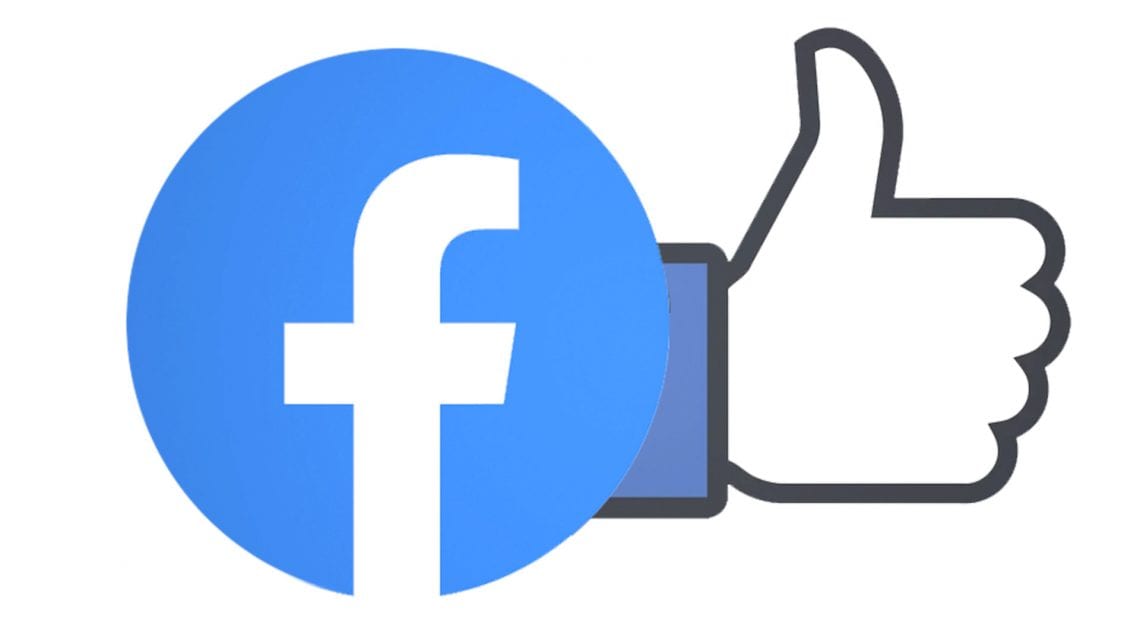The Consumer’s Dilemma
By John Garvey

“If you’re not paying for the product, then you are the product.”
That’s a quote from Daniel Hövermann in The Social Dilemma. If you have not seen the Netflix documentary, here are the important parts: a bunch of really rich people explain how creepy and addictive social media is, how most of them repeatedly and for different companies built it to be so, and how bad they feel about doing all that.
They explain, as their makeup artist prepares them for their actual interview, how social-media algorithms monitor our every move on the platforms. Nefariously, according to The Social Dilemma interviewees, this data is provided in anonymized form to advertisers so that they can get you to buy their products. In that way, you are the product — well, actually, your data is the product — that is offered by the platform (Facebook, Instagram, LinkedIn, Google) to the advertisers.
Actually, your attention is the product and has always been what marketers and platforms seek. Data can help get your attention, but it is a big mistake to think that data is going to drive conversion. Attention does.
Enter the feds and 46 attorneys general and one of the biggest anti-trust cases in U.S. history. They are suing Facebook essentially because, years ago, it bought Instagram (2012) and WhatsApp (2014) with FTC approval and then got really good at growing them. The charge is that they got so good at it, they made it bad for consumers and advertisers. Or, as the FTC put it, “suppressing, neutralizing, and deterring serious competitive threats.”
New York Attorney General Letitia James suggested on NPR’s Here & Now that the malfeasance goes even further. “Facebook’s monopoly means that users can’t pick up and go to another platform because they have no other meaningful alternatives.”
I’m guessing she is not on TikTok, although that platform has attracted its own turbulence from the Trump administration with the president’s determination that it is a national security risk.
It’s a safe bet that the courts will be dealing with all of this mess for some time.
“Apple is acting to protect user privacy right now, and Facebook is freaking out. Apple’s upcoming version of iOS will require that apps ask user permission to track their activity across different apps or sites.”
So, where are the more near-term digital privacy protections and marketing changes coming from? This is a bit of a shocker because digital privacy protection is coming from two main sources these days: the European Union (EU) and Apple.
You know those annoying ‘accept cookies’ messages when you visit a new website? You can thank the EU and the General Data Protection Regulation obligations that went into full effect in May 2018. Because it is too hard to have one way of operating here and another there, generally EU regulations end up impacting if not protecting us as well.
There is regulation on the way. The EU’s Digital Service Act and Digital Markets Act are likely to create a new rulebook that will dramatically change the operations of online platforms as well as bolster the rights of consumers.
That’s all in the future. Apple is acting to protect user privacy right now, and Facebook is freaking out. Apple’s upcoming version of iOS will require that apps ask user permission to track their activity across different apps or sites. Even if the user gives that permission to track, iOS 14 — the software that runs the iPhone — will allow that user to turn it off at any time.
Think of it this way: Facebook will have to ask you, if you are an iPhone user, “hey, can I track a bunch of stuff you do on this phone and sell it to companies?” What would your answer be?
Apple’s iPhone controls more than 50% of the mobile-device market, so it’s no wonder why Facebook is freaking out. According to Inc., “Facebook is saying that iOS could result in a 50% drop in revenue for what is known as Audience Network. That’s Facebook’s advertising product that serves up ads within apps based on a user’s activity elsewhere. Audience Network is only a small part of the $70 billion in advertising revenue the company rakes in, but it isn’t hard to see why Facebook would be concerned.”
Recently, Facebook started running its own ads that highlight the harm users controlling access to their personal data will have on small business. The #SpeakUpForSmall campaign urges all users to take a stand for small businesses everywhere and add their voice in the comments section of their ad. At the time of this writing, there were three.
Facebook, whom Fast Company named “the worst brand of the year,” could use more likes.
John Garvey is founder of Garvey Communication Associates Inc., a digital marketing and PR agency with offices in Springfield and Los Angeles.






